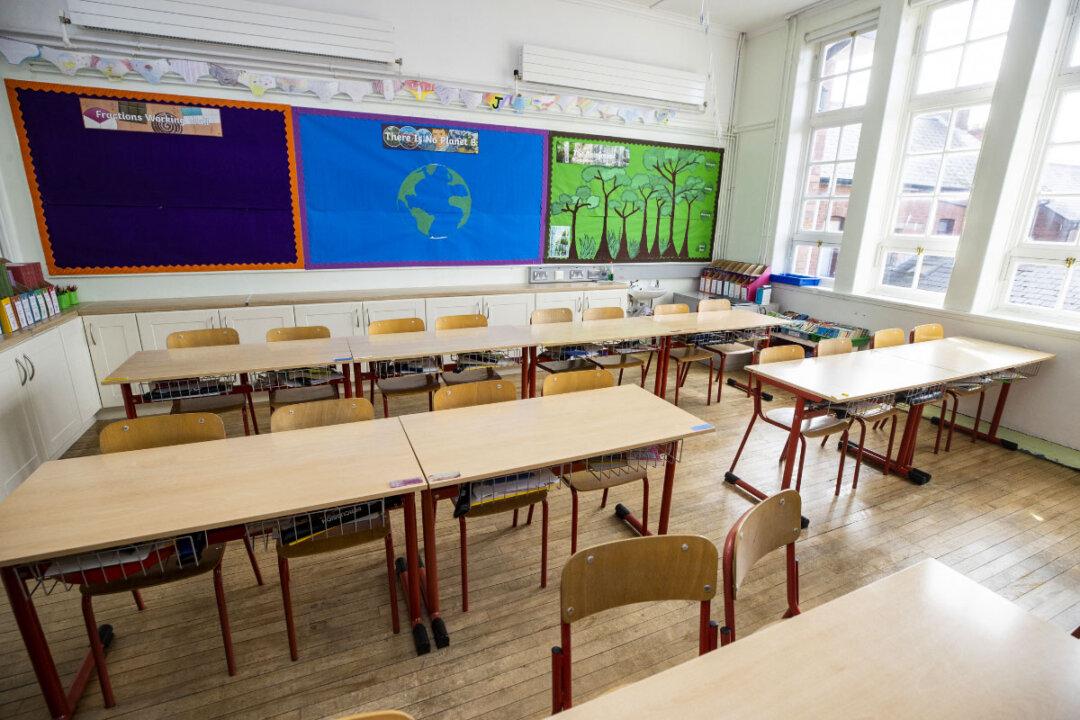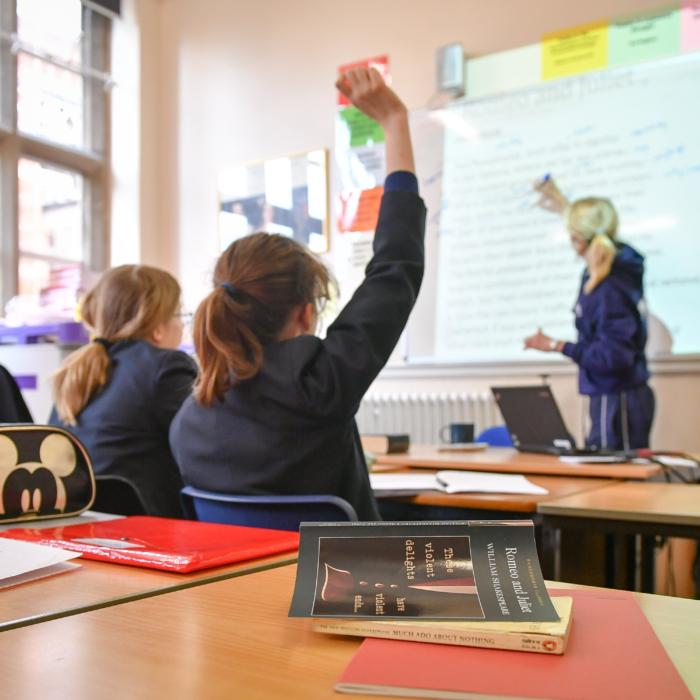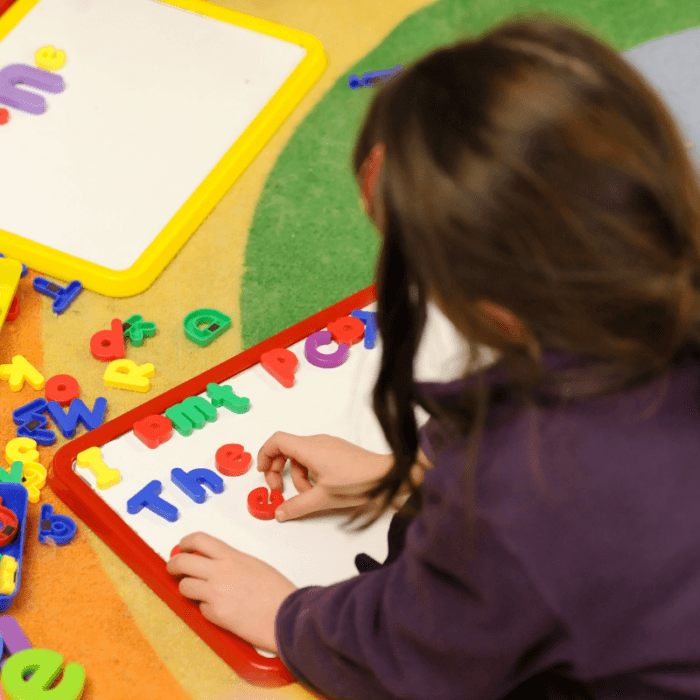A think tank has predicted that suspensions and exclusions in England will have risen by more than one-fifth in the past year.
Researchers from the Institute for Public Policy Research (IPPR) compared sample data from up to the Easter holidays in the 2023/24 school year and estimated that there was an increase of more than 20 percent in the number of permanent exclusions and temporary suspensions on the same period in 2022/23.
The analysis from the think tank, conducted with education charity The Difference, said that 32 million days of learning had been lost through suspensions, exclusions, and unauthorised absences in 2022/2023—up from 19 million days in 2018/2019, which was the last full school year before the COVID-19 lockdowns.
According to the IPPR study, children from low-income backgrounds and those with special educational needs or mental health issues were the most likely to miss learning.
Lost Learning Affecting Life Prospects
The report comes after the government released various data sets showing the poor state of children’s attendance at school.Disruptive behaviour, verbal abuse, threatening behaviour, and physical assault were some of the top reasons given for schools to exclude or suspend pupils.
The IPPR report highlighted the correlation between lost learning in childhood to adulthood prospects. The report found that half of young people serving custodial sentences had been persistently absent from school and three-quarters had been suspended at least once.
Lost learning also impacted employment, with there being “overwhelmingly poor” outcomes. Excluded children had worse outcomes for GCSEs, including 90 percent of them not achieving a pass in GCSE English or Mathematics.
Post-Lockdown Behavioural Issues
The rise in exclusions and suspensions comes after warnings that schools are facing an increase in behavioural issues as a result of lockdowns.The report said that teachers had reported “greater behaviour problems in classrooms since the pandemic,” the think tank adding that by its estimates, there has been a “significant decline in the socio-emotional skills for successive Covid cohorts.”
A DfE spokesperson described the rise in suspensions and exclusions as “shocking,” saying they show the “massive scale of disruptive behaviour that has developed in schools across the country in recent years, harming the life chances of children.”
The spokesperson said that the government was committed to providing access to mental health professionals in every school, “But we know poor behaviour can also be rooted in wider issues, which is why the Government is developing an ambitious strategy to reduce child poverty led by a taskforce co-chaired by the Education Secretary so that we can break down the barriers to opportunity.”







